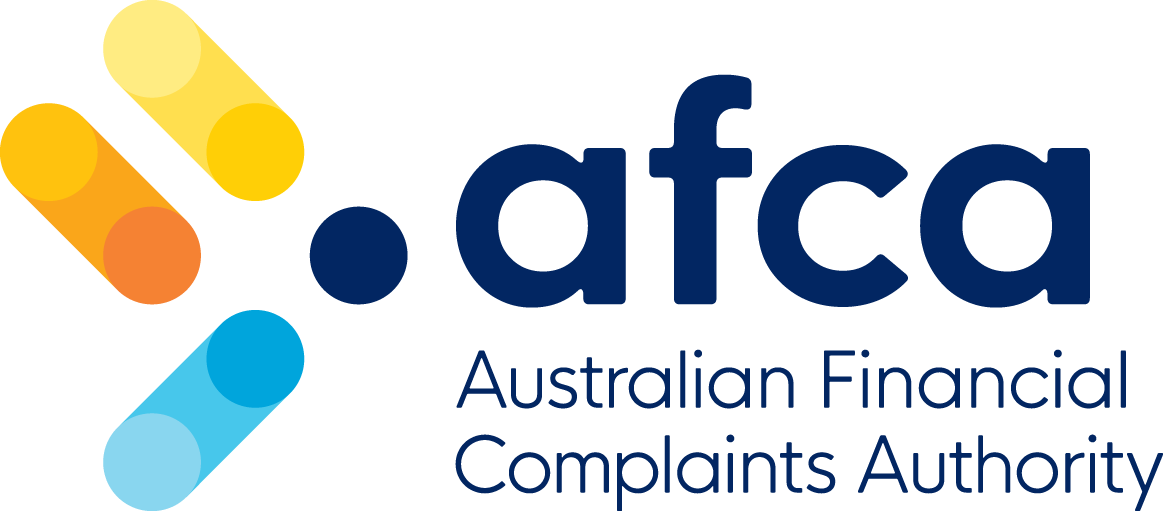This Mortgage Glossary simplifies the most commonly used home loan and finance terms making it easier for you when buying your home or investment property.
| Amortising loan | The formal term for a standard principal and interest loan. |
| Arrears | Being overdue in repayments. |
| Asset | An item owned with a monetary value (eg. cash and/or property). |
| Bona-fide | Genuine and above board. |
| Break cost | Fees charged by the lender if the loan is paid-off in full before the end of the loan term. |
| Bridging finance | A temporary loan used as a gap measure between buying your new home and selling the old one. |
| Budget | A detailed review of your income and expenses. |
| Capital gains tax | Tax payable on the profit made when selling an investment property. |
| Cash advance | A loan on a personal line of credit, typically a credit card attracting higher-than-normal interest. |
| Certificate of title | Document showing who owns the property as well as all the associated details of size and whether there is a mortgage registered on the title. |
| Comparison rate | A rate which includes fees and charges so loans can be compared on an equal basis (eg. a loan with a low advertised rate but high fees might cost the same as a loan with a higher advertised rate but low fees). |
| Contract variation | Any variation or alteration to the terms of a contract. |
| Conveyancing | Legal work carried out by your legal representative to transfer ownership of a property. |
| Creditor | A person or organisation who loans money on the expectation it is to be repaid. |
| Credit | An agreement whereby the borrower receives goods or money now, on the understanding it is to be repaid under set guidelines that commonly include an interest charge. |
| Credit report | A report outlining an individual’s credit history, public records and any credit black spots. |
| Daily interest | Interest calculated on a daily basis. Most variable rate loans calculate interest on a daily basis. |
| Debit card | A bank access card used to make withdrawals from current funds in a bank account. |
| Debt | An amount of money owed by one person or organisation to another. |
| Debt consolidation | To combine one or more debts previously held separately into one merged amount. |
| Debt Servicing Ratio (DSR) | The Debt Servicing Ratio measures whether you can afford the mortgage payments. To calculate the DSR, the lender uses a number of factors to work out the amount of your income that is available to repay the debt. |
| Default | Failure to make a loan repayment by a specified date. |
| Deferred payment | An agreement between two parties where the amount due to be paid on a given date may be postponed until a later date. |
| Deposit | Amount given in advance to show intention to purchase a property. |
| Deposit bond | An insurance policy to cover the deposit on a property being purchased. |
| Depreciation | The amount claimed on an investment property for the reduction in the value of an item due to usage, passage of time, wear and tear. |
| Equity | The difference between your mortgage and your property’s value. |
| Fixed interest | Your interest rate is locked in for a fixed term, you are then protected against possible interest rates rises for the selected ‘fixed’ term period. |
| Gearing | Investment property is negatively geared when expenses exceed rental income. Investment property is positively geared when the rental income received is greater than the total amount of the expenses. |
| Hardship variation | It may be possible to vary the terms of your contract should you find yourself in a position where you are having difficulty meeting your repayment obligations. |
| Lender | A person or organisation who provides money to another under the proviso that it will be repaid according to set guidelines and terms. |
| Lender’s Mortgage Insurance (LMI) | Lender’s Mortgage Insurance is a once off insurance premium that protects the lender in the event you default on your mortgage repayments. |
| Liquid assets | Are assets, either in cash or easily convertible to cash. |
| Loan to Value Ratio (LVR) | The value of the loan divided by the value of the property that the loan is for (eg. if you buy a $500,000 property and need a $350,000 loan – your LVR is 70%). |
| Mortgage | A loan for the purpose of purchasing a property, where the property is used as security. |
| Mortgage foreclosure | Where the lender forces the sale of the property held under the deed of mortgage in order to recoup unpaid monies owed under the terms of the agreement. |
| Mortgagee | The lending institution. |
| Mortgagor | The borrower (you). |
| National Consumer Credit Protection | Australian legislation covering consumer protection and consumer rights. |
| Non-conforming loans | Designed for those who find it more difficult to meet the borrowing conditions of standard loans. |
| Offset account | An offset account is an account linked to your mortgage. The balance in the account ‘offsets’ the principal of the loan. Overall interest is calculated on the principal less the offset account balance. |
| Ombudsman | Independent body established within a particular industry to investigate and resolve disputes as an outside party to the dispute. |
| Principal | The amount of capital borrowed. |
| Refinance | Switching your loan from one product (or lender) to another, usually with a better interest rate or conditions. Your initial loan is paid out and your debt is transferred across to the new product or lender. |
| Repossess | To reclaim possession of goods or assets for failure to make payments within agreed terms. |
| Secured loan | In this type of loan, the property being purchased is held as security against the loan. |
| Settlement | The day on which the process of changing title of a property occurs. Your legal representative will organise for the exchange of money and documents so that you become the legal owner of the property. |
| Unsecured loan | A loan in which no property is held as security, generally attracting a higher rate of interest due to increased risk on the part of the lender. |
| Valuation | An estimation of the value of the property prepared by an independent professional valuer. |
| Variable interest rate | The interest rate will vary depending on several factors, including the Reserve Bank’s current cash rate, and prevailing lender sentiment. |
| Vendor | The person who is selling the property. |

